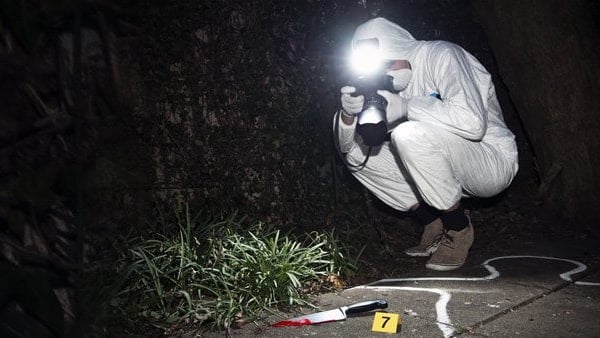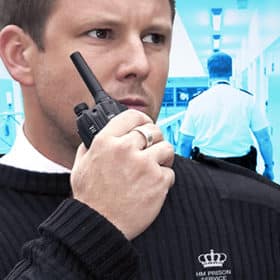Generally, you will need to take two interviews in order to gain a place as a crime scene investigator. The first of these interviews will be taken at the assessment centre. It will last for 20 minutes, and will consist of 4 competency based questions. The second interview will be taken after the assessment centre. This will be a longer interview, and more focused around getting to know you and your motivations for joining the police.
The Assessment Centre Interview
The assessment centre interview is structured, and will take 20 minutes to complete. The interview panel will consist of two or three people. These can be from either the uniformed side of the service or support staff. You will be asked 4 questions in total. The first two questions will be focused on your values and motivation for joining the police, and the last two questions will focus on your past experience and ability to demonstrate the core competencies. These final 2 questions are known as situational questions. You will be given a total of 5 minutes to answer each of the 4 questions. The person interviewing you will stop you if you go over the five minutes. As the person interviewing you asks you the question, they will also give you a written copy of the question to refer to. When you consider yourresponses to the interview questions, you should only choose examples that you feel comfortable discussing with the person interviewing you.
The Final Interview
The final interview is a little bit more relaxed, and perhaps a bit less intimidating. Here, the focus is just as much on getting to know you as a person and a potential employee, as it is on the core competencies. The interview can range from between half an hour to an hour, and will focus on issues such as why you have applied to become a crime scene investigator, why you have applied to that force in particular and what you know about the role. You’ll also be asked some more competency based questions.
Along with this, you can expect the final crime scene investigator interview to focus more heavily on the crime scene investigator specific competencies than the previous. While the assessment centre interview is about establishing that you meet the police core values and expectations, this interview will require you to demonstrate to the interviewer that you have the qualities needed to become a great CSI.
Below we’ve given you a typical question from this interview, along with a sample response.
Tell us why you want to become a crime scene investigator?
In this question, the interview is trying to find out your motivation for becoming a crime scene investigator. It’s important for the police to establish that you are applying for the right reasons. Remember that this is an extremely difficult job, where you will be faced with tough scenarios, and therefore they don’t want to hire someone who will drop out on the first day. They need someone dedicated and committed, who is prepared to give their all to the position. You should acknowledge the difficulty of the role in your response, but make it clear that you are more than prepared for the challenges you will face, and welcome them. Along with this, you could also tell them about your current role, and why you want to leave. Make sure you are really positive though. Being negative about your current employer will not create a good impression.
Have a look at our sample response to this question:
I am extremely enthusiastic about the prospect of becoming a crime scene investigator. Although I have worked in my current role now for a number of years, and have a fantastic employer, I no longer feel challenged by this role. I fully understand that working as a crime scene investigator is a tough and emotional role, but I really believe that I have the qualities to thrive in this position.
Along with working for the police, a hugely respected organisation, I am someone who is extremely analytical, accurate and precise in everything that I do. I studied forensic science at university, and therefore I already have a fantastic depth of CSI knowledge. I feel confident that with minimal training, I can step into any crime scene and perform a great job on behalf of your constabulary.
Finally, it goes without saying that I have a huge interest in crime and law enforcement. I have always been fascinated by the technical details of crime scene investigation work, and I believe this job will really fulfil that natural interest.
I believe that I have the right qualities for this role, and to help your constabulary deliver a fantastic service to the public.
For many more sample responses and interview tips, check out our fantastic guide!







